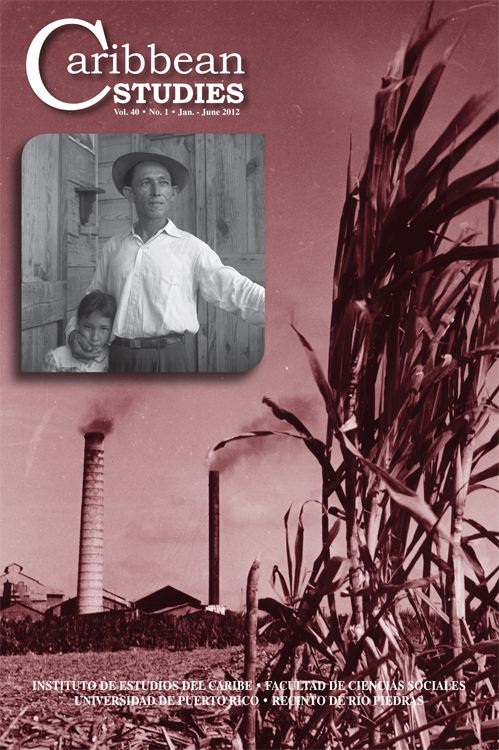Abstract
This article takes its point of departure from the attempted assassination of Fulgencio Batista in March 1957. Using archival sources from Havana and Pinar del Río, newspaper accounts, memoirs and recorded sound, it argues that the acquisition of communications technologies such as the telegraph, telephone and radio in the early twentieth century transformed political practices. As the power of these media became increasingly evident, historical actors from all sides of the ideological spectrum came to rely on its capacities for persuasion. If historians have understood 1950s Cuba in terms of a narrative of polarization and conflict, I suggest that attention to technology underwrites an alternative narrative, attuned to transnational networks and with emphasis on shared political practices rather than radical ruptures.Downloads
Download data is not yet available.

